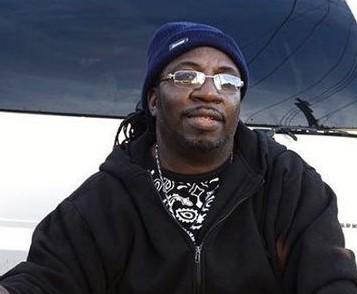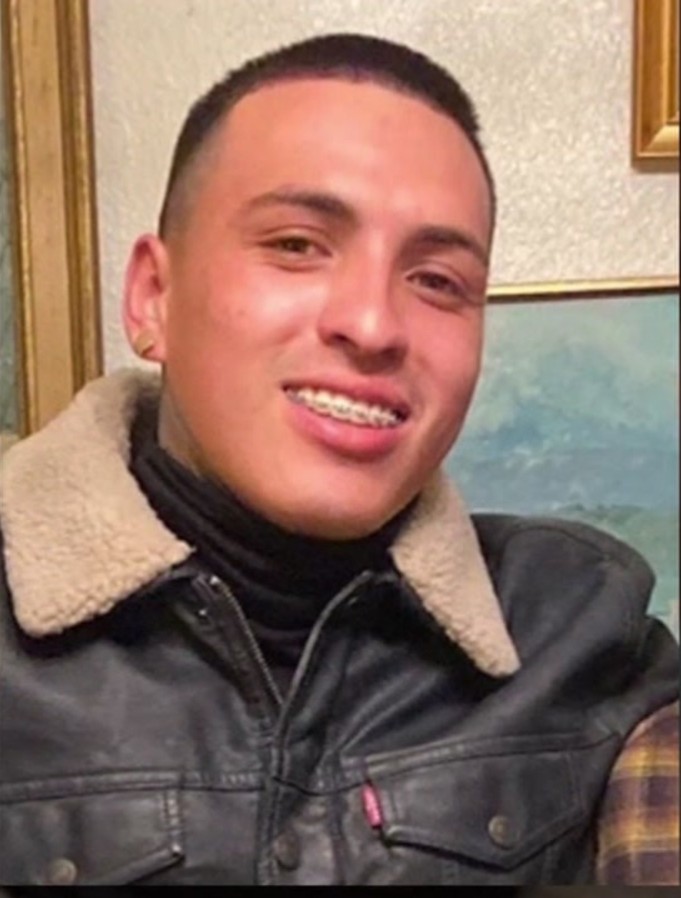When the National Guard opened fire at a protest against the Vietnam War at Kent State University in 1970, killing four protesters, it was national news for weeks – and is still remembered fifty years later as a turning point in the anti-war movement. So why, when nearly twice that number of protesters have been killed in the month of daily marches and rallies that have rocked this country, have their murders not made the national media?
Could it be for the same reason that the killing of four white students at Kent State received far more widespread news coverage than the two Black students killed at Jackson State by police just eleven days later? That reason, which is the same reason that protests have been taking place across the country in the first place, is that six of the seven people killed at the protests have been Black and Brown men. Their lives apparently do not matter much to the national media, which has ignored their stories and focused instead on sporadic riots and property destruction by some protesters.
But just as the protesters chant the names of the most recent victims of police murder in this country: George Floyd in Minneapolis, Breonna Taylor in Louisville, and Ahmaud Arbury
Yes, a former police officer was killed in St. Louis while protecting his friend's pawn shop from looters. THAT is all over the news. But there have also been 5 people killed during the protests. In addition, a young man was gassed to death by corrections officers in a jail cell in Brooklyn. In this thread we'll share their names and their stories. Those killed in the protests in the week following George Floyd's murder were are all men of color. Four of them were black men, two of them Latino men.
Three were killed by police, one by a white supremacist, one by unknown assailants who shot him in an alley near his home as the protests ended for the night. And one was killed by corrections officers.
 |
| James Scurlock |
Let's start with James Scurlock. James was killed by a white bar owner in Omaha, Nebraska during protests there. He was 22 years old. His dad said, "I lost a son, my wife lost a son, my kids lost a brother. His daughter lost a father. All because he decided to protest against racism." Initially the bar owner was detained and then released without charges. The state prosecutor said he believed the bar owner's claim that he shot James in self defense.
 |
Chris Beaty
|
Next, let's talk about Chris Beaty. Chris was a former linebacker for University of Indiana. During the pandemic, he developed a filtered facemask that he was producing and sharing with the community. He was shot and killed in an alley near his home after leaving the protest and heading home. No one has been arrested or charged.
 |
Jorge Gomez
|
The third person killed in the first week of protests was Jorge Gomez, who was killed in Las Vegas in a hail of bullets fired by Las Vegas police. This was also in the early morning hours as police were chasing protesters around the streets of downtown Las Vegas to disperse remaining protesters. Police say he was armed - but Nevada does allow open carry of firearms. Police did not make any claim that Jorge had taken out his firearm or threatened officers in any way. Cell phone footage from other protesters shows people running, and the sounds of a number of shots of gunfire, but does not show Jorge or the officers on video. He was killed around the time that an officer was shot and injured, but police identified and arrested the shooter, so it was clearly not Jorge.
 |
David McAtee
|
The fourth person killed during protests in the first week was David McAtee, the owner of a popular BBQ joint in Louisville Kentucky. David was 53. His mother said, "He left a great legend behind. He was a good person. Everybody around him would say that." David was apparently in a crowd of protesters that police were attempting to disperse. Police claim that someone fired a shot, so they opened fire toward the crowd, killing David. Louisville was home to
#BreonnaTaylor , who was killed by police in her home last month.
 |
Sean Monterrosa
|
The fifth person killed during protests the first week was Sean Monterrosa, who was killed in Vallejo California when police arrived on the scene when they had been called about apparent looting. Sean was in a Walgreens parking lot in a car of people. He and others got out. He knelt down and held up his hands. Police said they saw a gun in his waistband. It later turned out to be a hammer.
 |
| Robert Forbes |
Killed in Bakersfield California at a Black Lives Matter protest, when a white driver plowed into the protest march with his car. The white driver was later identified as Kieth Moore. Video showed Moore standing next to police smoking a cigarette casually after killing Robert Forbes with his car.
 |
Jamel Floyd
|
Although Jamel's death was not directly connected to the protests, it also was, in a way. He was killed in his jail cell in the Brooklyn Metropolitan Detention Center when police maced him. He was asthmatic, and the mace caused him to suffocate and die.
These are the names and faces of people killed in the first two weeks of protest after George Floyd's murder. They were killed by police, white business owners and correction officers. There may be more, but these are the ones that made their local news.






